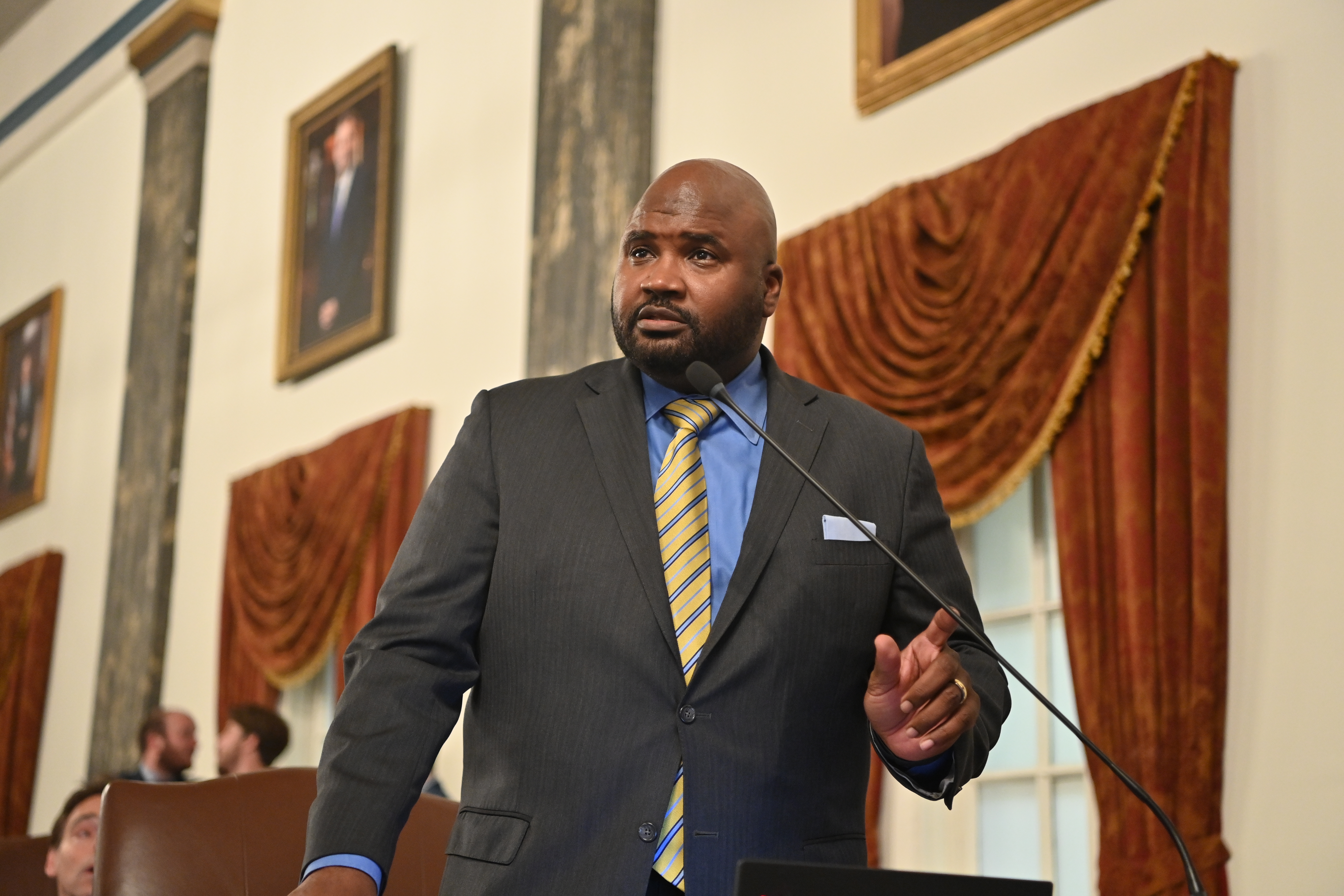SPRINGFIELD – Senate Majority Appropriations Leader Elgie R. Sims, Jr. was proud to lead a fiscally responsible spending plan that led the state to end Fiscal Year 2024 approximately $125 million, or .2%, above projected FY24 General Funds revenue estimates.
"Illinois reached new fiscal milestones and we are seeing tangible proof that responsible governance and steadfast stewardship yield positive results,” said Sims (D-Chicago). “Today's announcement underscores our commitment to restoring fiscal stability and rebuilding trust through transparency and prudent financial management."
The state closed out the fiscal year with a $4.67 billion General Funds cash balance, up from $3.85 billion at the end of the previous fiscal year. Of the $4.67 billion balance, $2.1 billion was in the Budget Stabilization Fund – also known as the Rainy Day Fund – and $1.74 billion was in the General Revenue Fund.
Credit reporting agencies and investors monitor state cash reserves to assess Illinois’ financial position and gauge the state’s ability to weather potential economic downturns. Improved fiscal conditions led by Sims and Illinois Democrats have led to lower credit spreads and reduced cost of borrowing for Illinois taxpayers.
"As we celebrate nine credit rating upgrades, the elimination of bill backlogs, six consecutive balanced budgets, and achieving the highest ever General Funds balance, we affirm our commitment to disciplined fiscal management that prioritizes taxpayers and supports working families,” said Sims. “As the Senate Majority Appropriations Leader, I remain committed to doing the work necessary to ensure that Illinois continues to enact responsible budgets and remains on the path toward fiscal stability, investing in and uplifting marginalized people, helping business grow and thrive, making our communities safe, all while prioritizing our communities and people who need the most assistance.”
Sims has made responsible fiscal management one of his top priorities and will continue to fight for responsible, balanced budgets in upcoming fiscal years.








